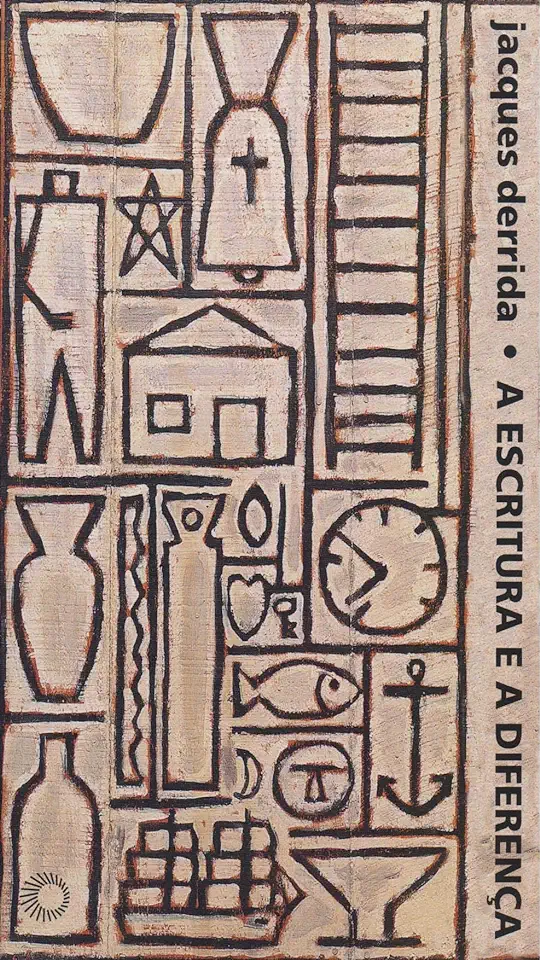
Writing and Difference - Jacques Derrida
Writing and Difference: A Journey into the Heart of Deconstruction
Introduction: Unveiling the Enigma of Meaning
In the realm of literary criticism and philosophy, few works have had as profound an impact as Jacques Derrida's seminal text, "Writing and Difference." Published in 1967, this groundbreaking book challenged conventional notions of language, meaning, and the very essence of writing. Derrida's revolutionary ideas, encapsulated in the concept of "deconstruction," have sparked a seismic shift in critical thought, leaving an indelible mark on the intellectual landscape of the 20th century.
Deconstructing the Binary Oppositions: A Paradigm Shift
At the heart of Derrida's philosophy lies the critique of binary oppositions that have long dominated Western thought. These dichotomies, such as speech versus writing, presence versus absence, or truth versus falsehood, have traditionally been viewed as hierarchical, with one term privileged over the other. Derrida, however, argues that these oppositions are not mutually exclusive but rather interdependent and reversible. By deconstructing these binaries, he opens up new avenues for understanding the complexities of language and meaning.
The Play of Signifiers: Language as a Web of Differences
Derrida's exploration of language reveals it as a dynamic interplay of signifiers, constantly shifting and deferring meaning. He argues that there is no fixed or essential meaning inherent in words; instead, meaning is generated through the relationships and differences between signifiers. This concept, known as "differance," challenges the notion of a stable, objective truth and highlights the inherent ambiguity and fluidity of language.
Writing and Absence: The Subversive Power of the Trace
Derrida's analysis of writing delves into the paradoxical relationship between presence and absence. He posits that writing is not simply a representation of speech or a means of preserving it. Rather, writing introduces a fundamental absence, a gap between the signifier and the signified. This absence, or "trace," disrupts the illusion of immediate presence and opens up a space for multiple interpretations and meanings.
The Ethics of Deconstruction: Responsibility in the Face of Indeterminacy
Derrida's deconstruction is not merely an exercise in intellectual skepticism. It carries profound ethical implications, urging us to confront the uncertainties and ambiguities of language and meaning. By acknowledging the inherent indeterminacy of texts, we are compelled to engage in a responsible and ethical reading practice, one that respects the multiplicity of interpretations and resists the temptation to impose a single, definitive meaning.
Conclusion: Embracing the Labyrinth of Meaning
"Writing and Difference" is a challenging and provocative work that demands a re-evaluation of our most fundamental assumptions about language, meaning, and truth. Derrida's deconstructive approach invites us to embark on a journey into the labyrinth of meaning, where we discover the richness and complexity that lie beyond the confines of binary oppositions. This seminal text is a must-read for anyone seeking to deepen their understanding of language, literature, and the very nature of human communication.
Enjoyed the summary? Discover all the details and take your reading to the next level — [click here to view the book on Amazon!]